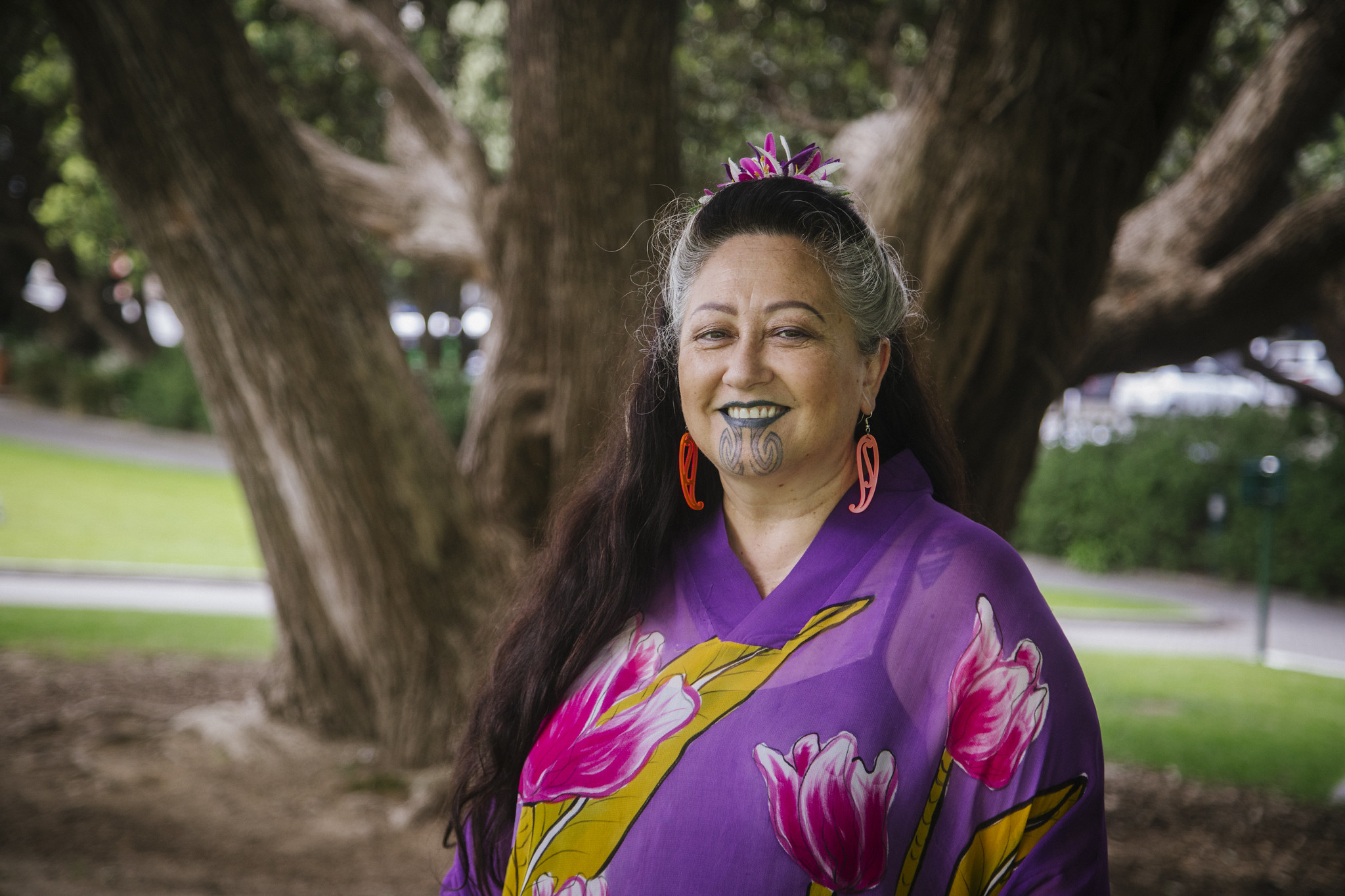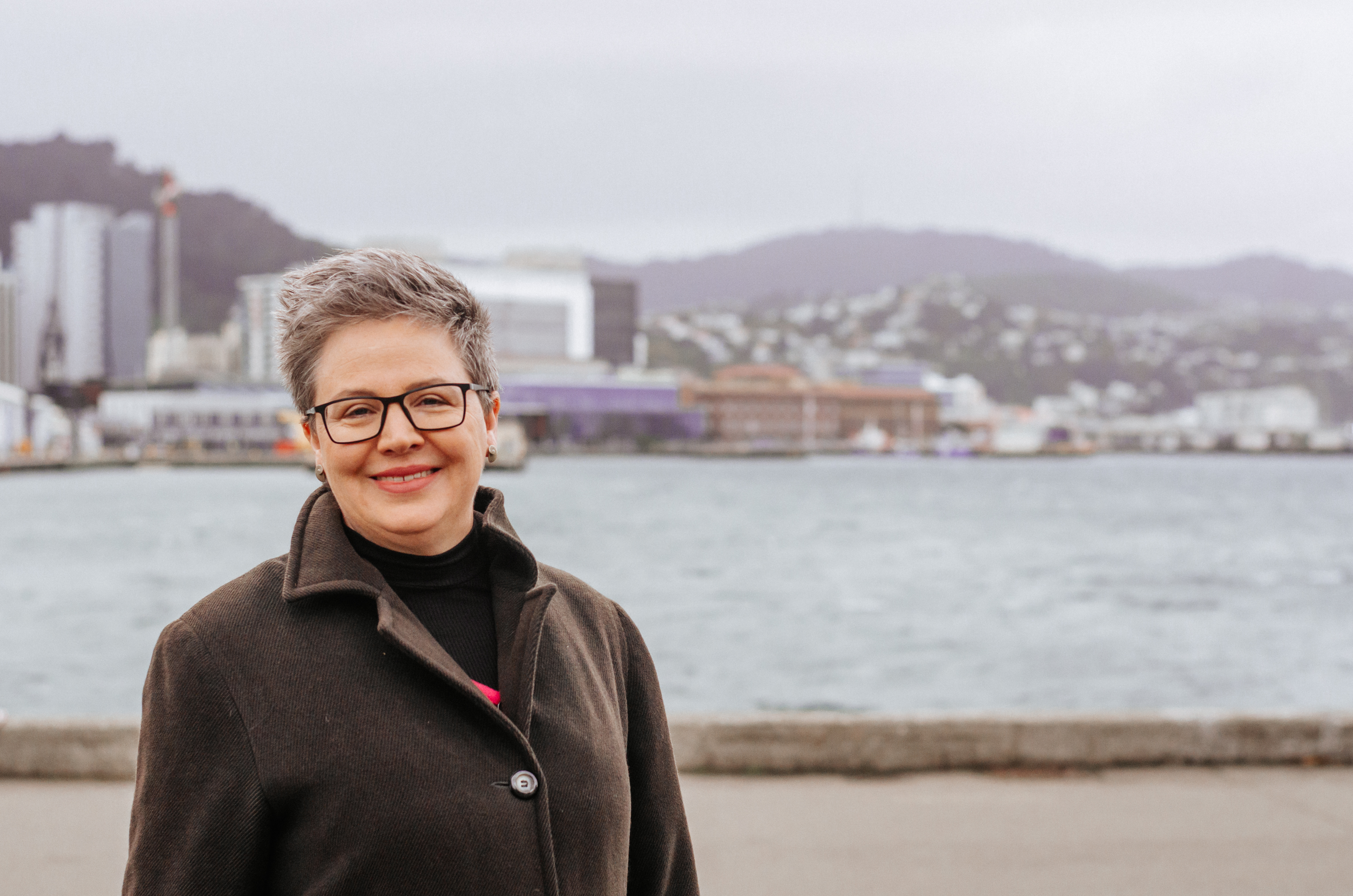Prohibiting the infliction of conversion practices on children and young people – the Aotearoa-New Zealand experience
Notes & Changes
This event will run as a Zoom webinar. To attend, register here. Please note that this event may be recorded, with the exception of any live audience questions.
Conversion practices are practices that seek to change or suppress a person’s sexual orientation, gender identity, or gender expression. Common throughout the world, they are often inflicted on children and young people, causing immense harm and suffering. On 15 February this year, Aotearoa-New Zealand became the latest jurisdiction to ban their use.
A sustained campaign largely led by young LGBTQI activists resulted in the Government introducing the Conversion Practices Prohibition Legislation Bill in 2021. It received a record-breaking number of submissions – approximately one for every fifty people in the country, and the Justice Select Committee held 18 hearings to listen to 871 oral submissions. This dialogue examines the campaign leading up to the introduction of the Bill including the research that supported its need. We discuss its passage through Parliament, what Act covers, and what remains to be done. We also touch on new research that will provide more information of importance for takatāpui-LGBTQI communities.
Speakers

Dr Elizabeth Kerekere, MP
Dr Elizabeth Kerekere hails from the tribes of Whānau a Kai, Ngāti Oneone, Te Aitanga a Māhaki, Rongowhakaata and Ngāi Tāmanuhiri in Tairāwhiti (the East Coast of Aotearoa New Zealand). She also maintains family links to Counties Clare and Tipperary in Ireland. Dr Kerekere’s ground-breaking doctoral research on indigenous LGBTQI takatāpui identity is required reading at universities around the world. Her takatāpui suicide prevention resources are used widely in health and school settings. Currently, she provides takatāpui-based advice to research projects addressing assisted reproductive health and family formation; LGBTIQ young people health and well-being; trans and non-binary health and well-being; and gender inclusive maternity care.
A fierce voice for takatāpui, young people, and decolonisation, Dr Kerekere has been a lifelong grassroots activist. She has represented Rainbow and indigenous human rights issues at the United Nations in Geneva. As an artist, her works hang in the Rainbow Room of the New Zealand Parliament and at the United Nations in New York. Dr Kerekere’s values are inscribed in her moko kauae (women’s facial tattoo) symbolising the footsteps of the pūkeko (swamp hen). Used in carving and weaving, the motif conveys holding space which reflects Dr Kerekere’s style of leadership and commitment to creating and holding space to ensure the mana (intrinsic value and power) of the most marginalised is enhanced and their mauri (special qualities and life force) is recognised and valued.
As the Green Party spokesperson for Rainbow Communities, Dr Kerekere has played an integral part in steering the Conversion Practices Prohibition Legislation Bill through Parliament.

Penny Ehrhardt
Penny Ehrhardt is a DPhil candidate at Oxford University where she also taught Public International Law and serves as secretary of the Oxford Children’s Rights Network. Penny’s DPhil research examines the realisation of the economic-social and cultural rights of single parent families utilising the UN human rights law framework. She holds a MSt in International Human Rights Law, also from Oxford.
Penny heads Ehrhardt Advisors, a public policy consultancy. She is a Senior Associate of the Institute for Governance and Policy Studies at Te Herenga Waka/Victoria University; a (non-practicing) Barrister and Solicitor; and has published on Aotearoa-New Zealand history, family violence, social policy, and the use of indigenous epistemology in community initiatives. Penny’s longstanding roles within LGBTQI communities include co-organising of the first Lesbian Studies Conference in Aotearoa-New Zealand in the 1990s. She was a founding member of Oxford’s Queer Research Network. Her chapter Lotus and the Labrys; the role and legacy of a Buddhist young women’s movement and the young lesbian feminist movement in Wellington, New Zealand at the end of the millennium in Dynamics of Dissent; Theorizing Movements for Inclusive Futures (M Chakravorty, C Clammer, M Bussey, & T Banerjee (ed) Routledge 2019) draws lessons from contrasting examples of young women’s organising.
Penny was one of the many people who made written and oral submissions on the Conversion Practice Prohibition Legislation Bill in 2021.

